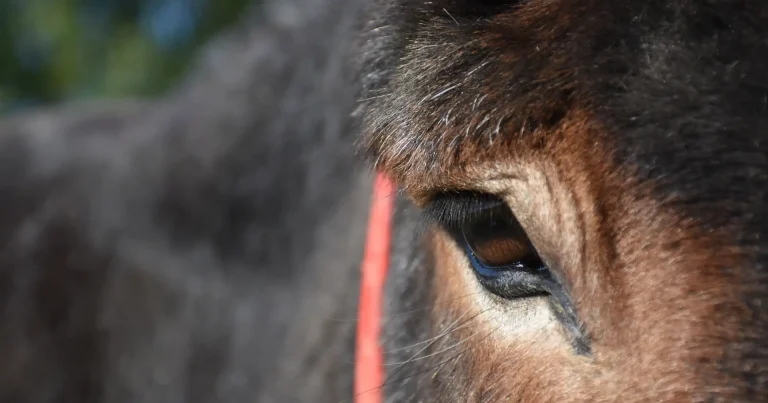14 Aug 2025
The researchers also recognised the power imbalance between donkeys and their human handlers even in contexts where the animals are valued as ‘equals’.

Recognising working equines as individuals can have a significant impact on their welfare, a new study has shown.
Led by international animal welfare charity The Donkey Sanctuary, the research – published in Frontiers in Veterinary Science – highlighted the benefits of allowing equines agency in how or when they worked and to express their preferences and diverse behaviours.
The researchers called for further work to develop understanding of animal labour and its intersection with welfare science to improve prospects for working equids around the world.
Joint lead author Tamlin Watson said: “A better understanding of equine labour could be hugely beneficial to the working lives of equines around the world, particularly donkeys whose marginalised status means that their needs, welfare and behavioural expressions are often misunderstood or may be completely overlooked.”
The paper examined three case studies of donkeys working in various conditions: “hard work” in India’s brick kilns, “decent work” in agroforestry in Portugal, and “affective work” interacting with humans in animal-assisted activities in England.
Field notes from each case study included observations of interactions between the animals and their human handlers, the donkeys’ behaviour and reactions, and their working conditions.
In the “decent” and “affective” work case studies, handlers had good equine knowledge and time to get to know their animals, and the donkeys benefited from greater freedom to choose whether they worked, to socialise with one another, and to forage for food.
By contrast, donkeys in the “hard work” case study had far less opportunity to do so, often having limited contact with one another and no access to shade during rest periods.
The researchers noted that in many such “hard work” contexts, owners or handlers may be similarly restricted in the freedoms they can provide their working equines for social, political, economic and environmental reasons.
Likewise, despite the more positive experiences of the donkeys in the other case studies, Dr Watson said the animals can still suffer from “emotional burnout” and cautioned against romanticising the relationships between donkey and handler or the power imbalances within those dynamics.
She added: “It’s important to remember that all equines engaged in activities with people, including equines being ridden for example, are engaged in ‘work’ of some kind.
“Therefore, where possible, we encourage those engaging with working equines to accept that resistance to work is valid communication and if they can, give their animals more freedom to choose.”